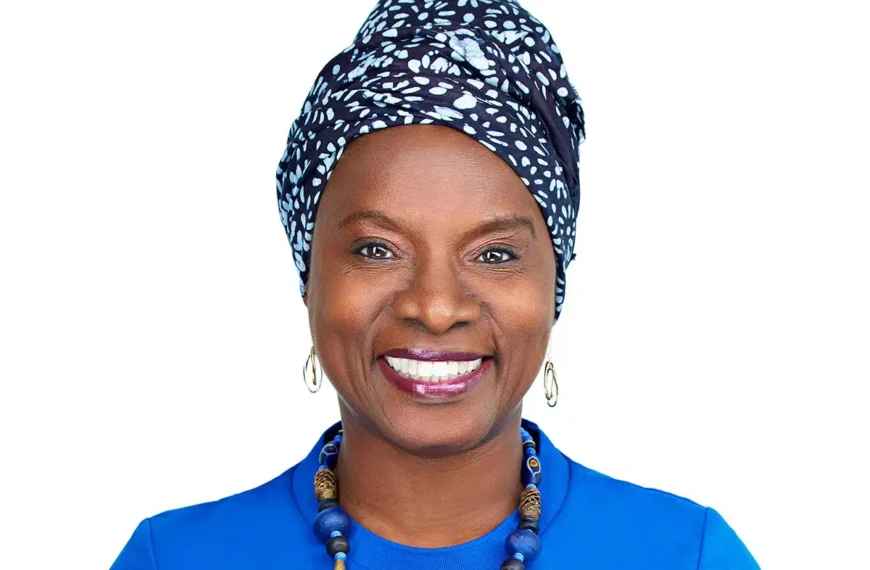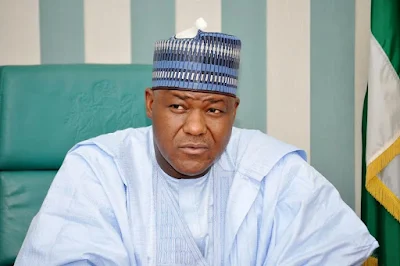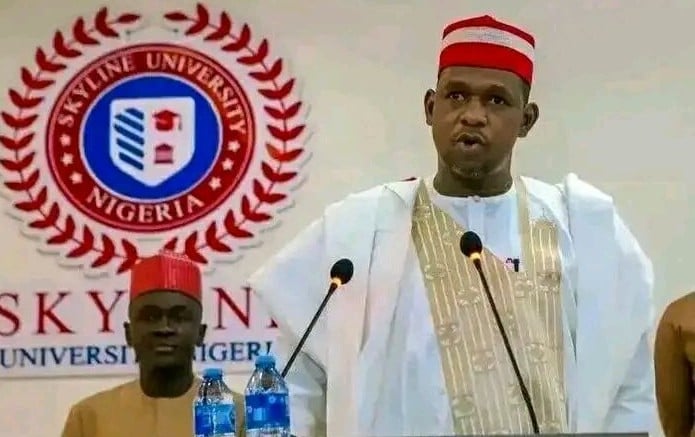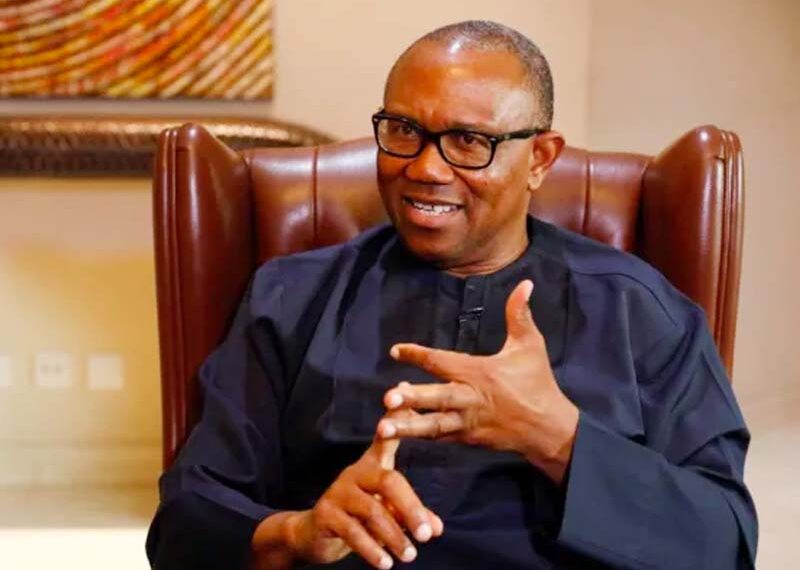A Reality Star’s Frustration
Popular Nigerian reality TV star and actress Erica Nlewedim has voiced frustration over a recurring pattern she experiences: helping people financially only to be met with new and constant demands for more assistance. In a public post, she expressed disappointment at how individuals—including strangers—respond after her initial kindness.

She wrote:
“Everyone I’ve given money out of the goodness of my heart has always found another excuse to ask for more and more… very disappointing, especially the ones I don’t know who’re usually surprised I answered, they always have more problems that need more money!”
What’s Going On
Erica’s post suggests several dynamics at play:
- She acknowledges that she has helped financially many people, sometimes those she doesn’t closely know.
- She says after responding to a first request, new issues emerge and push more requests for assistance—creating what she describes as a cycle of “endless demands.”
- She points to a sense of entitlement: benefit-seeking individuals seem surprised that she helped, and then expect more.
- Her tone is one of disappointment, indicating that the experience has turned from a generous act into an emotional or financial burden.
What This Reflects
This episode highlights a few broader issues relevant to Nigerian social media culture, celebrity-giving culture, and personal boundaries:
- Celebrity assistance & boundaries: Public figures are often approached by fans or followers with requests for help. The balance between generosity and maintaining personal boundaries is delicate.
- Social media exposure: Erica’s frustration became public, showing how social media amplifies not just giving, but also the challenges of being a benefactor under public scrutiny.
- Emotional toll: Her comments underline how giving without controls can lead to donor fatigue or resentment when callers for help multiply.
- Power dynamics & expectations: When someone of means helps others, there can be implied expectations—sometimes unrealistic—that the benefactor will continue assistance indefinitely. That can shift the relationship from one of support to one of obligation.
Why It Matters
- For Erica: This moment may mark a turning point in how she handles requests for help—perhaps defining stricter boundaries or filtering who she assists.
- For fans & followers: It may encourage greater understanding of the personal burdens celebrities face beyond their public image.
- For the broader culture: It invites reflection on the nature of help, generosity, and sustainability—how much is giving, how much is enabling, and when does support become a cycle?
- For social media: It underscores how private acts of generosity become public narratives, with implications for privacy, expectation, and authenticity.
What Might Happen Next
- Erica could establish rules or filters around who she helps, how often, and what criteria to apply.
- She may use this moment to speak publicly about managing giving, perhaps inspiring other celebrities or influencers to craft boundaries.
- The public may respond—either with support for her stance or criticism for her approach to helping—and that dialogue could shape her approach.
- The story may spark wider discussion among celebrities and influencers in Nigeria about sustainable philanthropy and the mental health of donors.
Conclusion
Erica Nlewedim’s candid post about being overwhelmed by endless financial demands from beneficiaries reveals a challenging side of public generosity. While helping others is admirable, her experience underscores that without clear boundaries, acts of kindness can morph into emotional and financial burden. For Erica, the public airing of her frustration may signal a change in how she gives—less spontaneously, more selectively, and with self-protection built in.


















